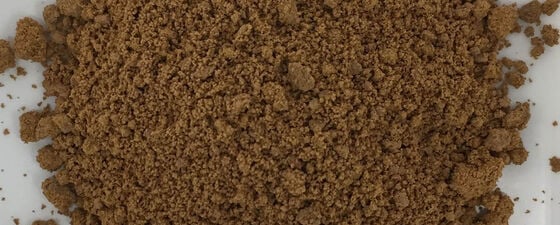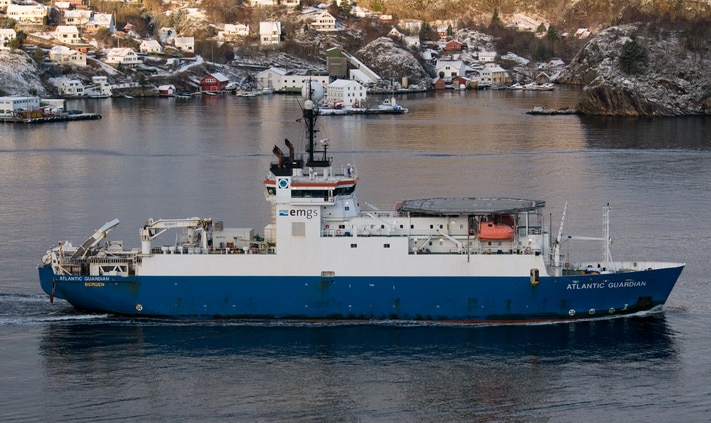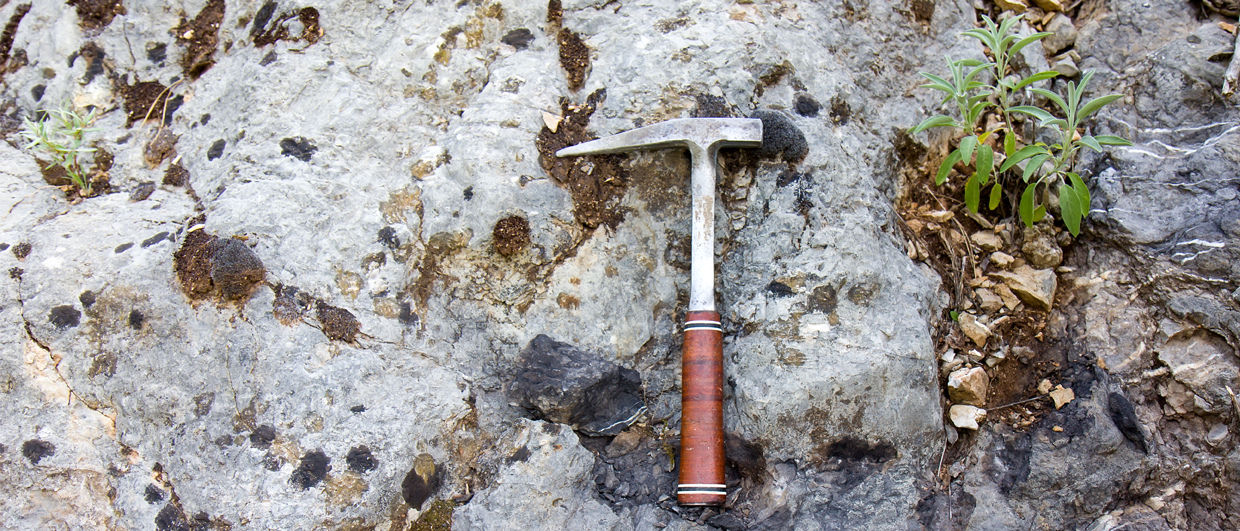Waste to tackle waste. Researchers at Flinders University in Australia have come up with a novel way to clean up oil spills, using waste cooking oil from fast food outlets.
Hydrophobic polymer. © Justin Chalker, Flinders University.
Researchers at Flinders University in Australia have come up with a novel way to clean up oil spills, using waste cooking oil from fast food outlets and sulfur, a by-product of the petroleum industry. The resulting product (right) is a hydrophobic polymer – meaning that it separates from water and binds well to oil, which it absorbs much like a sponge, forming a gel that can be scooped out of the water. It is capable of absorbing 2–3 times its mass in oil or diesel and is reusable, as recovered oil can be squeezed from the polymer like water from a sponge; the oil can also be reused.
Flinders University have now entered into a deal with Clean Earth Technologies, a company that specializes in developing cleaner approaches and outcomes for tapping the earth’s richness, in order to commercialize the absorbent polysulfide, which can also be used as a clean-up solution to other environmental problems like mercury pollution and fertilizer runoff.
Using waste to tackle waste; a truly ‘green’ solution.
Further Reading on the Environment and the Oil and Gas Industry
It’s Our Ocean to Save…
Vic Ferguson, WFCRC
Coral reefs have survived ocean warming, acidification, coastal development, tectonic and weather events – but can they survive these events if combined with an oil spill?
This article appeared in Vol. 10, No. 5 – 2014





